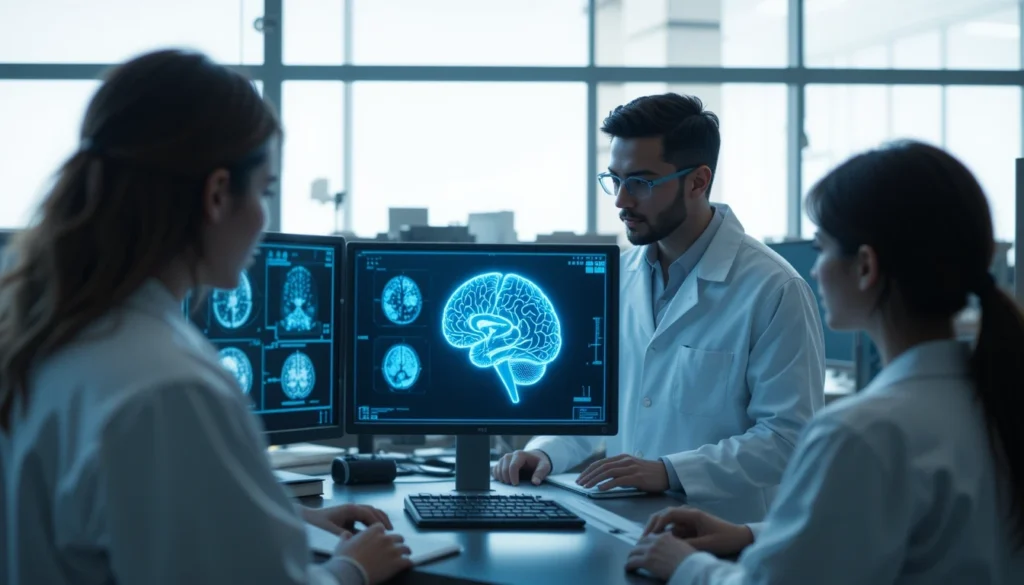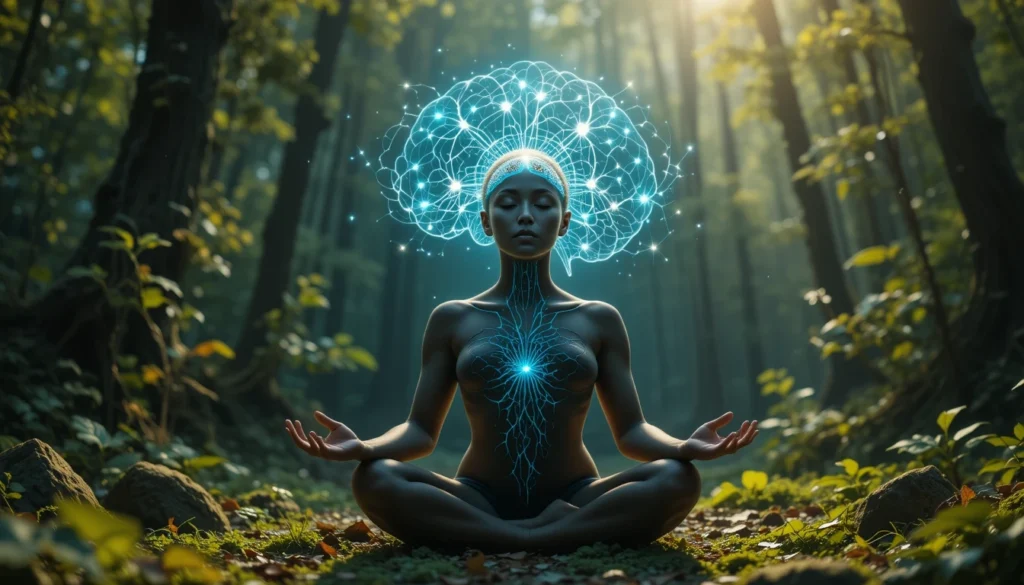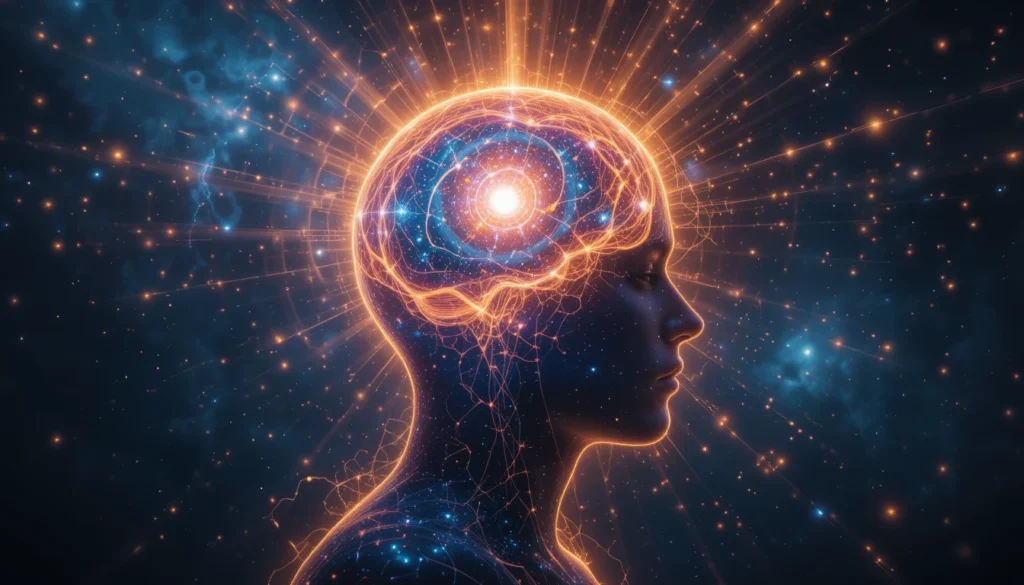Introduction: What Is Consciousness?
Have you ever stopped to wonder, “What is consciousness, and how do I know I exist?” That inner voice, your thoughts, dreams, and emotions—all of it is part of your consciousness. It’s the essence of being aware, alive, and present in the world. Consciousness is what makes you you. But here’s the fascinating part—despite all our advances in science, consciousness remains one of the greatest mysteries. Scientists still can’t fully explain how it arises or why we experience it the way we do.
Basic Information About Consciousness
Consciousness is the awareness of your thoughts, feelings, surroundings, and even your own existence. It’s what allows you to reflect, imagine, and feel emotions. While your brain is the control center, consciousness is like the light that turns on so you can see what’s going on inside.
Here’s a quick table to help explain the difference between consciousness and awareness:
| Concept | Description |
| Awareness | Knowing something is happening (e.g., hearing a bird) |
| Consciousness | Knowing that you are the one hearing the bird, and reflecting on it |
Understanding Consciousness in Simple Terms
Despite years of research, consciousness is still one of science’s biggest mysteries. Let’s explore some key ideas.
The “Hard Problem” of Consciousness
Australian philosopher David Chalmers came up with this phrase. The hard problem asks: How does the brain create the feeling of being you? You can measure brain waves, but how do neurons make love, fear, or joy?
What the Brain Has to Do With It
Your brain has about 86 billion neurons. These cells talk to each other constantly, passing electrical signals. Somehow, all this activity leads to thoughts, dreams, and your sense of self—but we still don’t know exactly how.
Key Theories About Consciousness
| Theory Name | Main Idea |
| Integrated Information Theory (IIT) | The more connected and complex a system, the more consciousness it may have |
| Global Workspace Theory (GWT) | Consciousness works like a spotlight—what you focus on becomes “conscious” |
| Quantum Consciousness | A controversial idea that quantum processes in the brain create consciousness |

Methods/Ways: How Scientists Study Consciousness
Understanding consciousness isn’t easy. But here are some ways experts are trying to figure it out:
- Brain Scans – Using fMRI and EEG, scientists can see what parts of the brain light up during dreams, pain, or meditation.
- Coma Research – Some people in comas show brain activity similar to awake individuals, leading to new ideas about awareness.
- Mirror Test – When an animal recognizes itself in a mirror, it shows a basic form of self-awareness.
- Sleep Studies – Researchers examine REM sleep to understand how consciousness shifts during dreams.
- Mindfulness and Meditation – These practices boost brain activity linked to self-awareness and focus.

Benefits of Understanding Consciousness
Knowing more about consciousness can lead to powerful advantages:
- Better Mental Health – Understanding emotions helps treat anxiety, stress, and depression.
- Improved AI Design – Learning how consciousness works could lead to more human-like machines.
- Animal Welfare – Knowing animals have some level of consciousness changes how we treat them.
- New Medical Tools – Brain activity studies help diagnose brain injuries and coma states.
- Personal Growth – Exploring your own mind can lead to deeper self-awareness and mindfulness.
Uses of Consciousness in Everyday Life
Here are some ways consciousness plays a role in your daily routine:
- Decision Making – You reflect before you act.
- Creative Thinking – Art, writing, and music all involve conscious thought.
- Problem Solving – You use awareness to plan and solve challenges.
- Emotional Control – Consciousness helps you understand and manage feelings.
- Learning – You’re aware of what you know and what you still need to learn.
FAQs About Consciousness
1. What is consciousness in simple words?
It’s your sense of being alive and aware—knowing your thoughts, feelings, and surroundings.
2. Is consciousness just in the brain?
Most scientists believe it comes from the brain’s networks. But some think it might involve more than biology.
3. Can animals be conscious?
Yes! Many animals show signs of self-awareness, emotion, and problem-solving.
4. Do machines have consciousness?
Not yet. AI can simulate thinking, but it doesn’t feel or have inner experiences.
5. How do dreams relate to consciousness?
Dreams happen in altered states of consciousness during REM sleep, showing the brain is still active.
The Beautiful Mystery of Consciousness
Consciousness is part of every moment you live—but it’s also one of science’s deepest puzzles. From brainwaves to dreams, from animals to artificial intelligence, the journey to understand it is just beginning. Even if we never fully solve the mystery, exploring it can still change how we live, think, and treat each other. Stay curious. You’re more amazing than you know.



